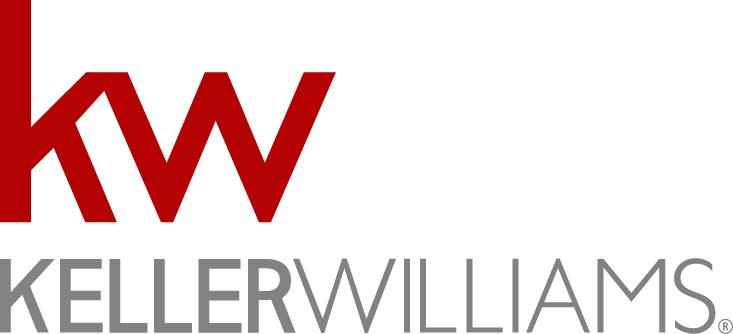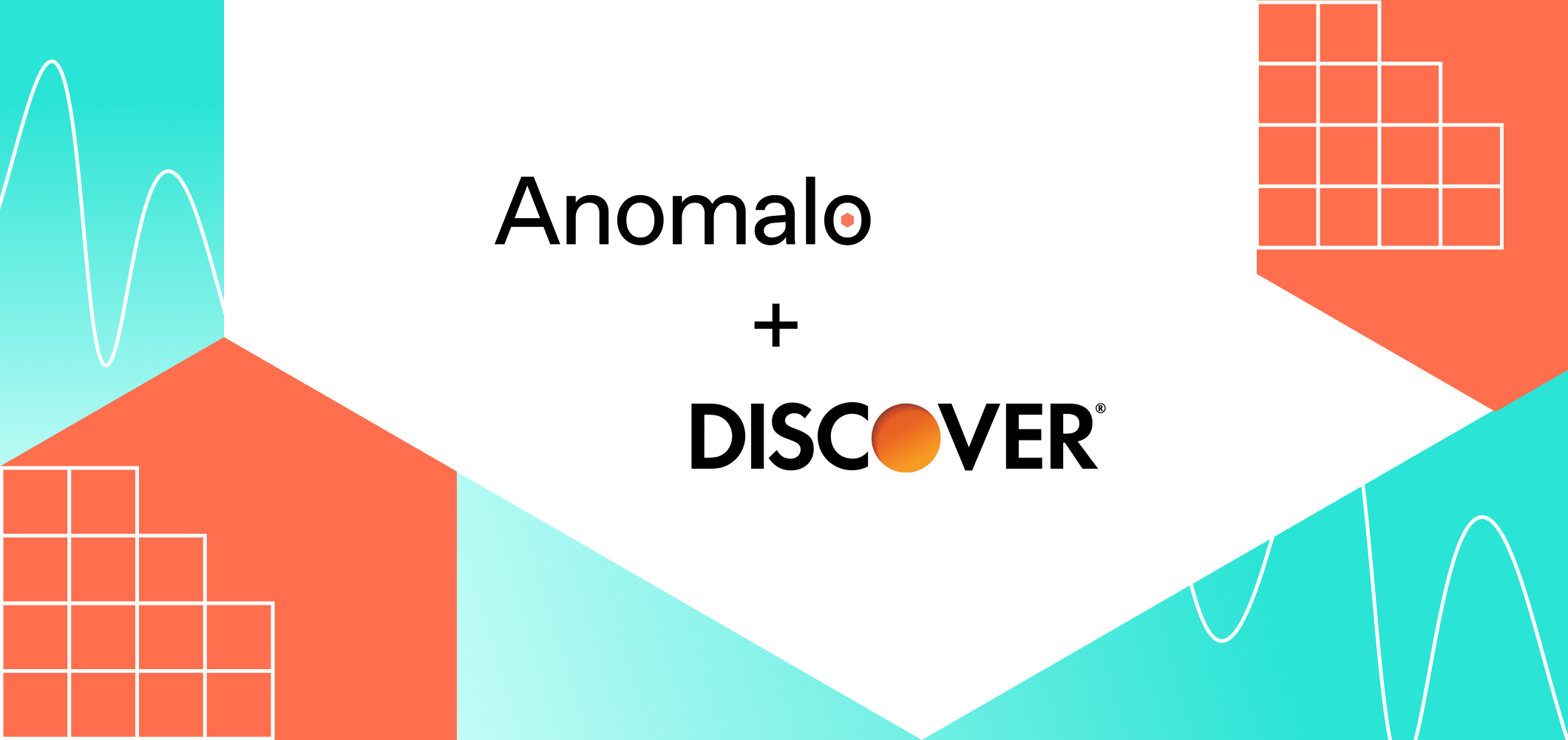Anomalo x Alation
Seamless Data Governance Tool for Alation
Data governance is agile, flexible, and scalable when you have two best-of-breed solutions, Anomalo and Alation, working together.
What joint customers are saying
Overview
Anomalo x
Alation
Anomalo is a founding partner of Alation’s Open Data Quality Initiative, and interoperates with Alation natively as a best-of-breed data quality and observability partner. The combination of Alation and Anomalo can help organizations improve their data quality, governance and trust, while also enabling them to collaborate more effectively and make more informed decisions.
With Alation’s data catalog, users can easily search and find relevant data assets across their organization. And with the native integration with Anomalo, users can quickly identify data quality issues associated with these assets directly in the Alation UI, enabling them to make more informed decisions about the data they use.
“Our research shows that data quality is the most impactful data governance issue organizations face, affecting 89% of survey participants,” said Dave Menninger, SVP and Research Director, Ventana Research. “Alation’s Open Data Quality Initiative will help organizations more easily establish and maintain quality and trust in their data.”
Use Cases
Anomalo and Alation: The ideal data governance stack
View Anomalo’s checks directly in Alation
Anomalo information and visualizations appear in Alation’s Table Overview and Health sections. Use custom fields to control how Anomalo data is represented.
Understand more about your data assets
View Anomalo’s robust column-level profile visualizations and data profiling directly in Alation.
Fast root cause analysis for any data quality issue
Each Alation table provides a hyperlink back to the table view in Anomalo to quickly access additional data quality details and root cause analysis.
Data lineage and tracing built-in
When Anomalo discovers a data issue, it interfaces with Alation’s lineage information to pinpoint where the issue may have spread or what other assets might be at risk.
Quickly understand which of your tables have Anomalo configured
Tables monitored by Anomalo will be automatically tagged in the Alation UI. It’s quick and easy to know which tables are covered and which tables you may want to start monitoring.
See trust flags from Anomalo across your BI stack
With Alation Anywhere, Tableau users can view Anomalo’s data quality information while creating or viewing a visualization to confirm that BI and analytics data is high-quality.
Anomalo works with your Data Stack
Ready to Trust Your Data? Let’s Get Started
Meet with our team to see how Anomalo transforms data quality from a challenge into a competitive edge.




